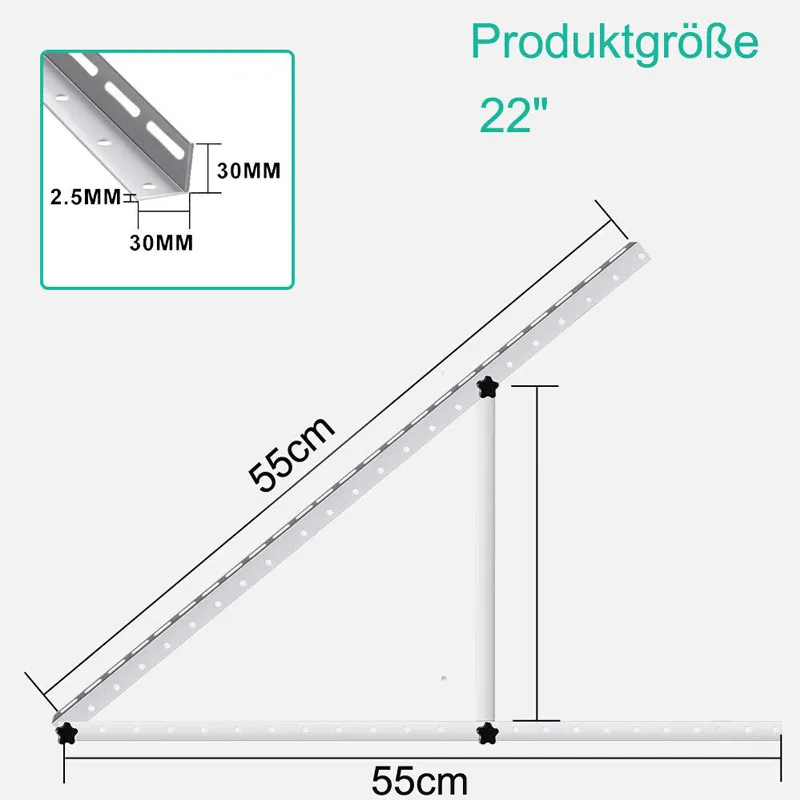

gi stud bolt
Oct . 06, 2024 18:20 Back to list
gi stud bolt
Understanding GI Stud Bolts Applications and Benefits
When it comes to industrial applications, fasteners play a crucial role in ensuring the stability and functionality of various structures and machinery. Among the many types of fasteners, GI (Galvanized Iron) stud bolts are gaining significant attention due to their durability and resistance to corrosion. This article delves into the characteristics, applications, and advantages of GI stud bolts, providing a comprehensive overview for those interested in their use.
What are GI Stud Bolts?
Galvanized Iron stud bolts are fasteners made of iron and coated with a layer of zinc to protect against rust and corrosion. The galvanization process involves dipping the iron bolt into molten zinc, which forms a protective barrier on the surface. This treatment enhances the iron's natural resistance to environmental factors, making GI stud bolts ideal for various applications in industries such as construction, automotive, and manufacturing.
Characteristics of GI Stud Bolts
1. Corrosion Resistance One of the primary characteristics of GI stud bolts is their high resistance to corrosion. The zinc coating acts as a sacrificial layer, which means it will corrode before the iron underneath does. This makes them particularly suitable for outdoor and marine applications where exposure to moisture can lead to rapid deterioration of standard iron fasteners.
2. Strength and Durability GI stud bolts are known for their strength. Iron, being a robust material, provides significant tensile and shear strength, ensuring that the fasteners can withstand heavy loads and high-stress conditions, thus maintaining the integrity of the structures they secure.
3. Temperature Resistance While extreme conditions can affect most materials, galvanized iron has been shown to retain its properties under a range of temperatures. This makes it suitable for environments that experience temperature fluctuations.
4. Easy Installation With standardized sizes and threads, GI stud bolts can be easily integrated into existing systems. Their design allows for quick installation and removal, minimizing downtime in operational settings.
Applications of GI Stud Bolts
The versatility of GI stud bolts allows for their use across various sectors. Here are some common applications
gi stud bolt

1. Construction and Infrastructure In the construction industry, GI stud bolts are widely used for securing structural components, such as beams and columns. Their corrosion resistance makes them ideal for bridges, highways, and buildings exposed to various weather conditions.
2. Automotive Industry In vehicles, GI stud bolts are often employed to fasten engine parts and other critical components. Their ability to resist rust ensures the longevity and reliability of automotive assemblies even in harsh environments.
3. Manufacturing Many manufacturing processes require reliable fastening solutions. GI stud bolts are commonly used in machinery assembly and maintenance, playing a key role in ensuring operational efficiency.
4. Marine Applications Due to their excellent corrosion resistance, GI stud bolts are frequently utilized in marine environments for applications such as boat construction and securing equipment on ships.
Advantages of GI Stud Bolts
1. Cost-Effectiveness While the initial cost of galvanization adds to the price of GI stud bolts, their longevity and low maintenance requirements often make them a more economical choice in the long run. Users save on both replacement costs and maintenance work that would be necessary with non-galvanized fasteners.
2. Enhanced Safety The use of strong, rust-resistant bolts ensures that structures and machinery remain secure, which is critical for safety in any industrial application. The reliability of GI stud bolts can prevent accidents caused by component failures.
3. Environmental Benefits With a longer lifespan and reduced need for replacement, GI stud bolts contribute fewer materials to landfills compared to their non-galvanized counterparts, aligning with sustainable practices in manufacturing and construction.
Conclusion
In conclusion, GI stud bolts represent a crucial component in various industrial sectors, offering enhanced durability, corrosion resistance, and strength. Their wide range of applications underscores their importance in construction, automotive, manufacturing, and marine contexts. By understanding the characteristics and advantages of GI stud bolts, industries can make informed decisions, ensuring safety and efficiency in their operations. As the demand for reliable fastening solutions continues to grow, GI stud bolts will likely play an increasingly significant role in future developments.
Latest news
-
Hot Dip Galvanized Bolts-About LongZe|High Strength, Corrosion Resistance
NewsJul.30,2025
-
High-Strength Hot Dip Galvanized Bolts - Hebei Longze | Corrosion Resistance, Customization
NewsJul.30,2025
-
Hot Dip Galvanized Bolts-Hebei Longze|Corrosion Resistance&High Strength
NewsJul.30,2025
-
High-Strength Hot-Dip Galvanized Bolts-Hebei Longze|Corrosion Resistance&High Strength
NewsJul.30,2025
-
Hot Dip Galvanized Bolts-Hebei Longze|Corrosion Resistance&High Strength
NewsJul.30,2025
-
Hot Dip Galvanized Bolts - Hebei Longze | Corrosion Resistance, High Strength
NewsJul.30,2025

